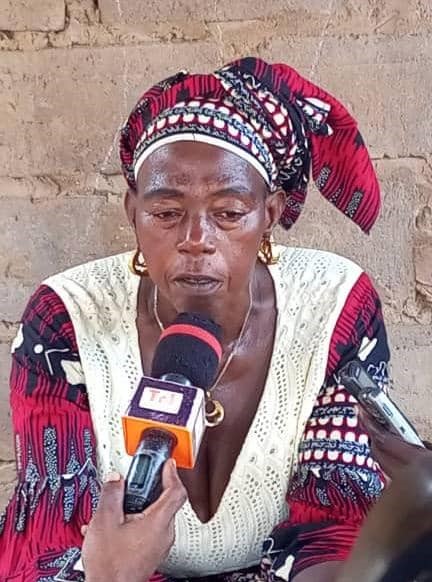By: Alieu Jallow
Hulay Damba, from Simoto Touba in the Toumana district of the Upper River Region, was a circumciser, known locally as a “Nyansimba.” Engaged in the practice for eight years, she has urged parliament to uphold the ban on FGM/C. Hulay admitted that her involvement was due to ignorance and a lack of awareness about its harmful effects. She eventually decided to stop the practice.
“Whether there were health implications or not, I was not aware of that, and the girls I circumcised would not have known about it either. If you are not enlightened, you can’t understand the consequences of the health implications. But when I was enlightened and attended many workshops on FGM/C, I learned about the risks and health implications, and I was convinced to put a stop to it,” she said.
FGM/C is an ancient practice in The Gambia, affecting nearly 65% of women, who typically undergo the procedure between the ages of two and five. Following widespread sensitization on the health impacts of this practice, the Gambian government banned FGM/C through the Women’s (Amendment) Act 2015, which criminalizes FGM/C and provides a legal framework to prosecute perpetrators and protect women and girls.
As the only Nyansimba in her village and its surroundings, Hulay emphasized the importance of safeguarding women’s health. Despite the challenges and her active participation in FGM/C, quitting was a difficult decision. She felt compelled to stand in solidarity with other women. Hulay revealed that she used to collect a fee of D100 for each girl, typically aged 2 to 4 years old. She now firmly opposes the practice.
“If I see anyone engaged in the practice, I will advise her to stop it. It’s not good. It was my trade, but now I had to put a stop to it because of the harms and health consequences it entails for women. Secondly, there is a law prohibiting the act,” she outlined.
Hulay, now a former Nyansimba, calls on Parliament to consider the plight of women by safeguarding their rights.
“Let us all speak with one voice to defend the law, to protect and safeguard our rights and health as women.”
The Gambia has signed and ratified regional and international legal instruments, demonstrating its commitment to ending FGM/C and advancing the rights of Gambian women and girls by ensuring their safety and well-being. The debate over whether to uphold or repeal the ban has created a divided nation, with opinions split between Western donors and Islamic teachings. Many women, including Hulay, are urging Parliament to maintain the ban.




